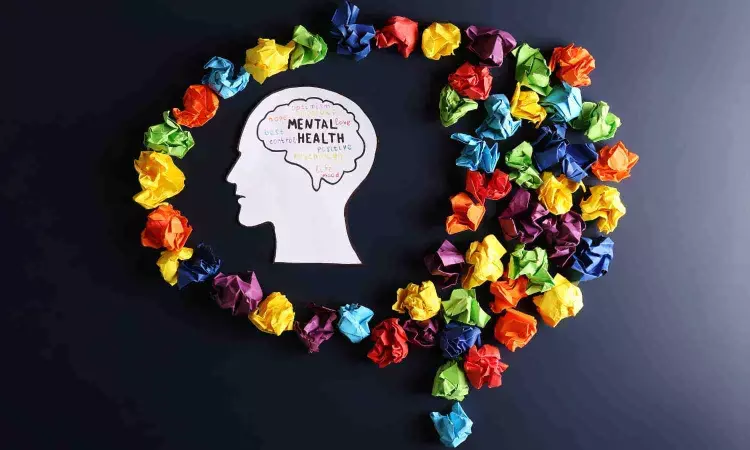- Home
- Medical news & Guidelines
- Anesthesiology
- Cardiology and CTVS
- Critical Care
- Dentistry
- Dermatology
- Diabetes and Endocrinology
- ENT
- Gastroenterology
- Medicine
- Nephrology
- Neurology
- Obstretics-Gynaecology
- Oncology
- Ophthalmology
- Orthopaedics
- Pediatrics-Neonatology
- Psychiatry
- Pulmonology
- Radiology
- Surgery
- Urology
- Laboratory Medicine
- Diet
- Nursing
- Paramedical
- Physiotherapy
- Health news
- Fact Check
- Bone Health Fact Check
- Brain Health Fact Check
- Cancer Related Fact Check
- Child Care Fact Check
- Dental and oral health fact check
- Diabetes and metabolic health fact check
- Diet and Nutrition Fact Check
- Eye and ENT Care Fact Check
- Fitness fact check
- Gut health fact check
- Heart health fact check
- Kidney health fact check
- Medical education fact check
- Men's health fact check
- Respiratory fact check
- Skin and hair care fact check
- Vaccine and Immunization fact check
- Women's health fact check
- AYUSH
- State News
- Andaman and Nicobar Islands
- Andhra Pradesh
- Arunachal Pradesh
- Assam
- Bihar
- Chandigarh
- Chattisgarh
- Dadra and Nagar Haveli
- Daman and Diu
- Delhi
- Goa
- Gujarat
- Haryana
- Himachal Pradesh
- Jammu & Kashmir
- Jharkhand
- Karnataka
- Kerala
- Ladakh
- Lakshadweep
- Madhya Pradesh
- Maharashtra
- Manipur
- Meghalaya
- Mizoram
- Nagaland
- Odisha
- Puducherry
- Punjab
- Rajasthan
- Sikkim
- Tamil Nadu
- Telangana
- Tripura
- Uttar Pradesh
- Uttrakhand
- West Bengal
- Medical Education
- Industry
Delhi AIIMS to set up first digital addiction centre

New Delhi: In a move to address the rising concerns around internet and technology-related addictions, the Indian Council of Medical Research (ICMR) has approved a proposal to establish a Centre for Advanced Research on Addictive Behaviours (CAR-AB) at the All India Institute of Medical Sciences (AIIMS). The centre will focus on combating internet and technology-related addictions, particularly among young people aged 12 to 25 years.
Also Read: Delhi AIIMS launches Payodhi milk bank for critically ill preterm babies
The project, estimated to cost Rs 14 crore, is currently awaiting final approval from the government. The CAR-AB centre is designed to address the growing concern about excessive and problematic technology usage. The centre will bring together various stakeholders, including students from schools and colleges, their parents, educators, IIT faculty members, and medical professionals which aims to establish a national network.
Prof. Yatan Pal Singh Balhara, the project leader and head of the Behavioural Addictions Clinic at AIIMS, emphasized that the centre would focus on evidence-based interventions to curb excessive technology use.
The facility will take a holistic approach, focusing on prevention, screening, early detection, and intervention. Additionally, it will work on developing resources to enhance the skills of education and healthcare professionals in managing these challenges.
Also Read: AIIMS Delhi Introduces advanced surgical robot in General Surgery department
According to TOI, "We shall work with educational institutions, and those who test positive during screening will be directed to the center for comprehensive interventions," Balhara said, adding that the project will be implemented nationwide in phases. "Therapeutic interventions will address technology-induced psychological challenges, including stress, depression, anxiety, and addictive behaviors," he pointed out. The center will use artificial intelligence to identify young people at risk.
The rise in internet addiction among young people has become a significant health concern in India. According to the Economic Survey of India 2024-25, there is a direct link between the increasing mental health issues among the youth and their excessive consumption of the internet. The survey stressed the urgent need for educational institutions and households to adopt measures that limit internet exposure in order to improve the psychological well-being of individuals.


